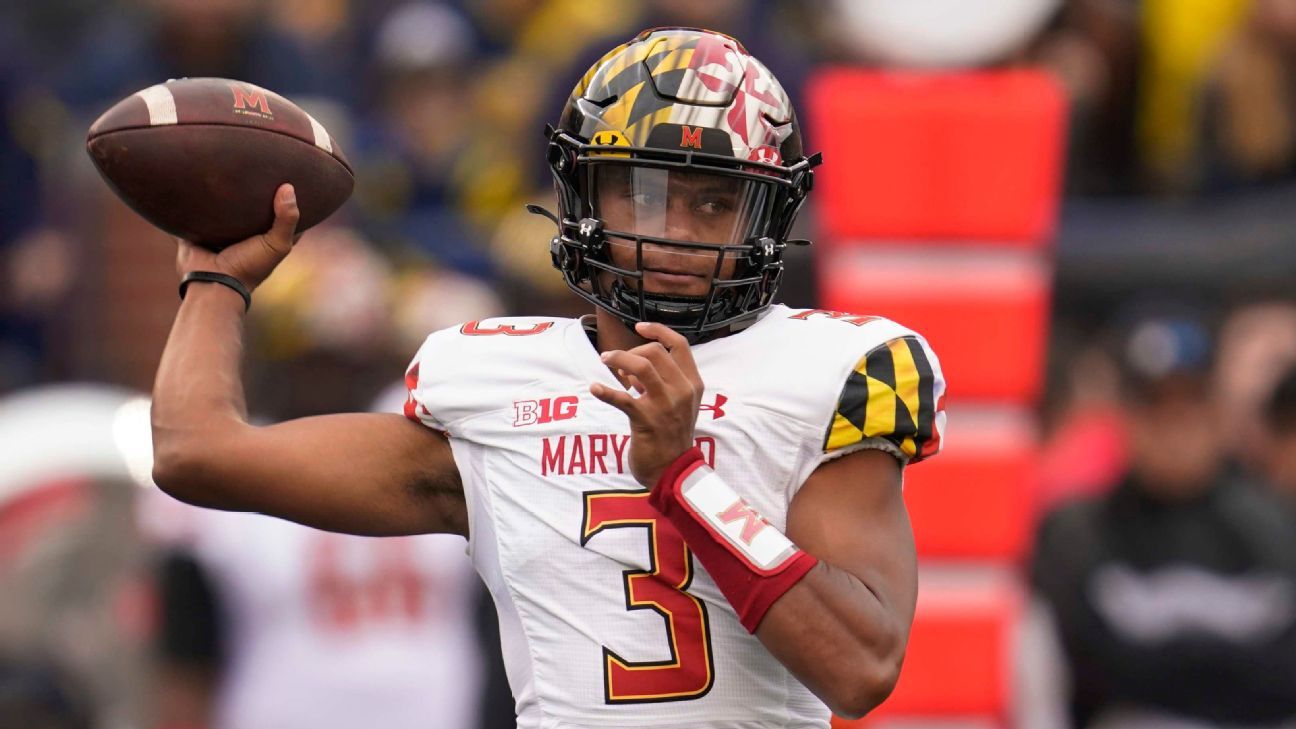I actually sort of agree with this in principle, I think if you're still a student why shouldn't you keep being able to play? It gets really messy when you get into the details though.
What was the original reason for eligibility limits? I can't find anything conclusive on a Google search, but I think we all understand the idea that in general the longer you play, the better you are (injuries, and eventual decline of your physical ability notwithstanding). So if players could just continue to accrue undergrad or graduate degrees, why not have them play until they decide they need to retire from the sport? I'm sure way back when, when college football was just starting out, this probably happened.
However this poses an issue. How do students just graduating high school get to play? If I join a team as a QB, and I am stuck behind some 8 year starter who shows no sign of retiring soon, I don't get to play. At least they get a free education right? Well, sure if a scholarship spot was used for them, but why would you do that? Keep all your multi-year starters on scholarship so they don't go elsewhere. High schoolers can be walk ons until they prove they are better than our existing starters. Also, if you want to pull someone's scholarship, can you? Right now I believe colleges are on the hook for "fulfilling" a student's scholarship if they stop playing for reasons other than violating team/school rules, so how would that work?
"But what about the NFL?" you might say. Before NIL, even if this was allowed any really good players would eventually find their way to the NFL to get paid to play. So that solves that problem mostly. Sure some players may live in the limbo space of being good enough to keep starting on the college team, but not good enough for the NFL, but at least you get some roster turnover.
But now we have NIL. If someone is willing to foot the bill, what's stopping a collective from paying a player enough that they decide not to go to the NFL? Sure it wouldn't be all players, but certainly some.
Perhaps there's a way to make it all work though. Perhaps you never run out of eligibility, but you can only be on scholarship for a max number of years or something.


